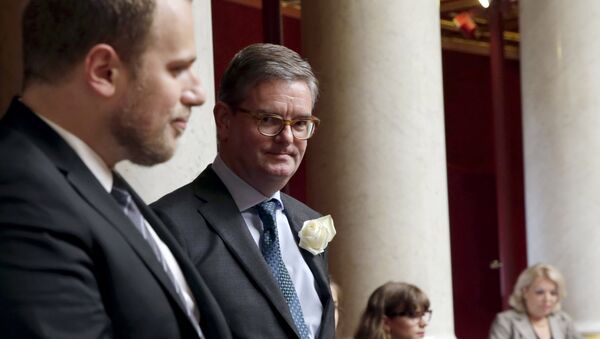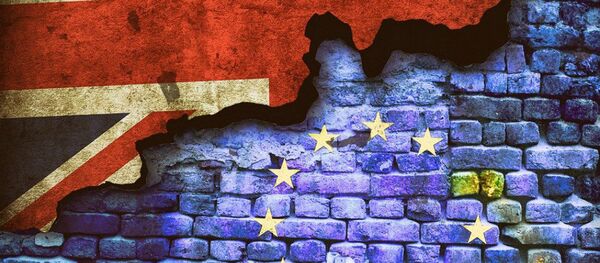Britain's previous commissioner — Lord Hill — held the portfolio for Financial Stability, Financial Services and Capital Markets Union. However, he resigned in the wake of the referendum on Britain's membership of the EU, which resulted in Brexit.
.@JunckerEU consults @Europarl_EN on Sir @JulianKingFCO as Commissioner for Security Union: https://t.co/M4npAMywhg pic.twitter.com/pIUqn5nbvI
— European Commission (@EU_Commission) 2 August 2016
The new candidate for commissioner — Sir Julian King, currently British ambassador to France — was rumored to be given a lowly role in view of the fact that Britain voted out of the EU. However, in a surprise move, Jean-Claude Juncker, the Commission president, announced King would lead on the Security Union.
King — after he has been formally appointed — will head up the Security Union established in April 2015 to deal with cross-border intelligence and crime-prevention coordination. The Charlie Hebdo — and associated — attacks in January 2015 exposed flaws in the EU's external border security and intelligence failures between member states.
Terror Threats
In his letter to Sir Julian, Juncker said: "Security is one of the pressing challenges I have highlighted in my Political Guidelines, which recalled that 'Combatting cross-border crime and terrorism is a common European responsibility'. In particular, three priorities were identified as needing to be addressed: tackling terrorism and preventing radicalization, disrupting organized crime, and fighting cybercrime.
"Repeated subsequent terrorist attacks have underlined the importance and urgency of making swift progress towards an operational and effective Security Union, as highlighted in the Commission Communication of 20 April 2016. The focus of your portfolio work should therefore be on concrete operational measures where the action of the EU can have an impact — and where we can show that this does not compromise our commitment to fundamental rights and values."
The spate of terror attacks in Paris, Brussels, Nice, Munich — and others — have put security at the top of the EU agenda — alongside immigration. The fact that Britain is being handed to security commissioner role is a sign that — although the UK is to leave the EU at some point in the future — the EU still takes British membership seriously.
Prime Minister May signed Nice condolence book at Elysee pic.twitter.com/mAn34iDzzt
— Julian King (@JulianKingFCO) 22 July 2016



